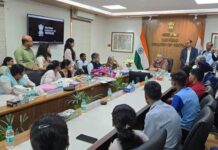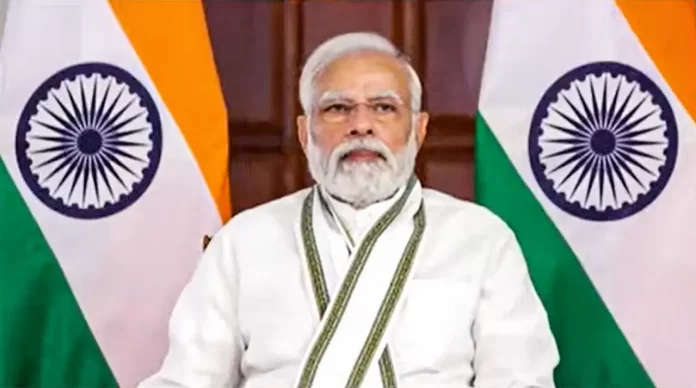MAY 25: India has taken a monumental step in integrating its traditional medicine systems into the global healthcare framework through a landmark agreement with the World Health Organization (WHO). On May 24, 2025, the Ministry of Ayush signed a Memorandum of Understanding (MoU) with WHO, initiating the development of a dedicated Traditional Medicine module under the International Classification of Health Interventions (ICHI).
Prime Minister Shri Narendra Modi, speaking during the 122nd episode of Mann Ki Baat, expressed his pride in this development. He highlighted that the agreement, signed in the presence of WHO Director-General Dr. Tedros Adhanom Ghebreyesus and Secretary of Ayush Vaidya Rajesh Kotecha, would enable Ayush systems like Ayurveda, Yoga, Siddha, and Unani to gain scientific and global recognition through standardized classifications. “This will make Ayush accessible to more people globally in a scientific and structured manner,” he said.
The ICHI works alongside ICD-11, WHO’s globally accepted classification system for diseases. While ICD categorizes diseases, ICHI documents the interventions and treatments provided. The inclusion of a traditional medicine module in ICHI means therapies like Panchakarma, Yoga therapy, Unani regimens, and Siddha practices will now be catalogued using globally recognized medical terminology.
This advancement brings several benefits:
-
Transparent and standardized billing for Ayush services
-
Easier integration of traditional therapies into health insurance schemes
-
Better clinical documentation and hospital management
-
Facilitation of global health research and policy-making
-
Increased global access and acceptance of Indian traditional systems
WHO Director-General Dr. Tedros welcomed the agreement in a social media post, stating:
“Pleased to sign an agreement for a $3 million contribution from India to WHO’s work on traditional medicine and ICHI. We welcome India’s continued commitment to Health for All.”
This collaboration represents a pivotal moment in India’s long-term vision of positioning Ayush as a credible and accessible component of evidence-based global healthcare. It ensures that traditional medicine isn’t merely preserved as cultural heritage but is adapted for global health systems through scientific validation and structured application.
This initiative marks the start of a new chapter where affordable, holistic, and trusted healthcare solutions from India become integral to the world’s health agenda.



















